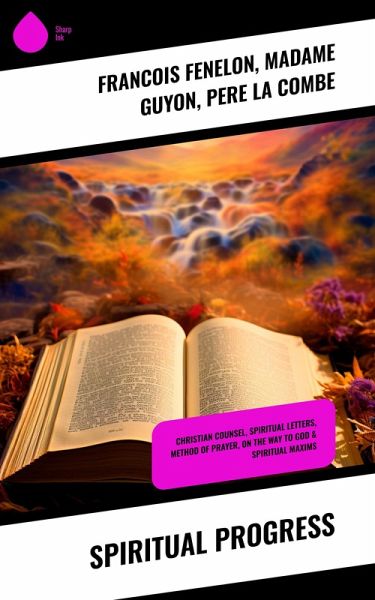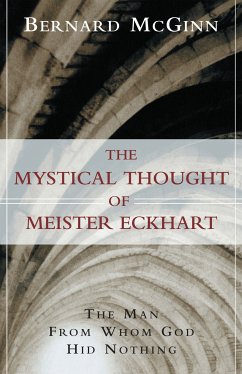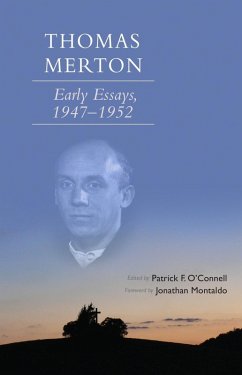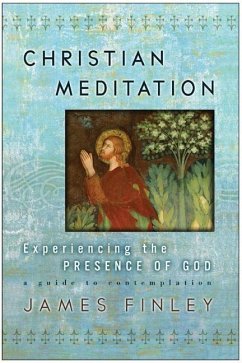
Spiritual Progress (eBook, ePUB)
Christian Counsel, Spiritual Letters, Method of Prayer, On the Way to God & Spiritual Maxims
Redaktion: Metcalf, James W. / Übersetzer: Brooke, Thomas Digby

PAYBACK Punkte
0 °P sammeln!
Spiritual Progress is a compelling collection that delves into the profound depths of mystical and reflective spirituality, drawing from a diverse array of literary styles that range from contemplative essays to lyrical prose. Situated against the rich backdrop of 17th-century French religious thought, the anthology weaves together insights that explore themes of divine connection, inner peace, and the pursuit of spiritual growth. Each piece within the collection illuminates different facets of the human quest for understanding and spiritual enlightenment, offering a rich tapestry of thought t...
Spiritual Progress is a compelling collection that delves into the profound depths of mystical and reflective spirituality, drawing from a diverse array of literary styles that range from contemplative essays to lyrical prose. Situated against the rich backdrop of 17th-century French religious thought, the anthology weaves together insights that explore themes of divine connection, inner peace, and the pursuit of spiritual growth. Each piece within the collection illuminates different facets of the human quest for understanding and spiritual enlightenment, offering a rich tapestry of thought that transcends time and speaks to the universal pursuit of truth. The anthology features the voices of eminent spiritual figures such as Francois Fenelon, Madame Guyon, and Pere La Combe, whose combined endeavors in spiritual discourse create a framework for exploring steadfast faith and introspection. These authors, central to the Quietist movement, offer a kaleidoscope of viewpoints that challenge the reader to embrace simplicity and surrender in spiritual practice. Their collective wisdom, derived from personal experiences and deep theological reflection, provides a historical context that enhances the reader's comprehension of the movement's impact on spirituality and belief systems. Offering readers an unparalleled opportunity to engage with a variety of perspectives, Spiritual Progress is an essential read for those intrigued by spiritual journeys. The collection encourages readers to explore the depths of faith and understanding, broadening their knowledge and appreciation for spiritual literature of the period. This anthology is a valuable resource, fostering dialogue between historical insights and contemporary spiritual discourse, ultimately guiding readers towards a deeper reflection on their spiritual path.
Dieser Download kann aus rechtlichen Gründen nur mit Rechnungsadresse in A, B, BG, CY, CZ, D, DK, EW, E, FIN, F, GR, HR, H, IRL, I, LT, L, LR, M, NL, PL, P, R, S, SLO, SK ausgeliefert werden.













